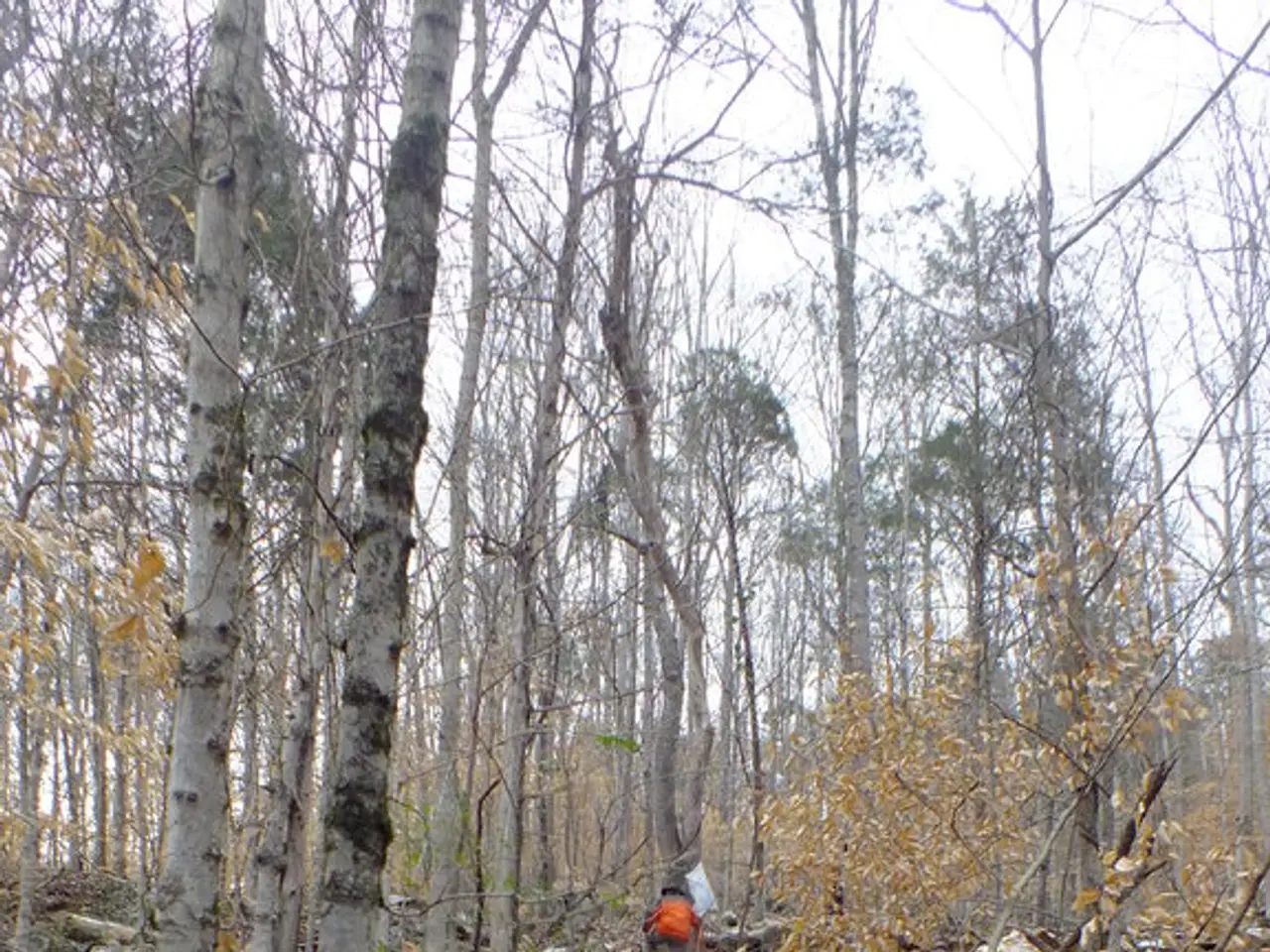escalated danger of Amazon forest deterioration if worldwide warming exceeds 1.5°C threshold
A new study published in Nature Climate Change has highlighted the significant risks of overshooting the 1.5°C warming target set by the Paris Agreement, particularly for the Amazon and Siberian forests. The research, which used hundreds of climate-model simulations, found that temporary surpassing of 1.5°C above pre-industrial levels could lead to large-scale dieback in these critical forest ecosystems.
Among scenarios where global warming exceeds 1.5°C by 2100, the study reports that 37% show some degree of Amazon dieback. This risk increases further in the long term, with 55% of simulations exhibiting dieback by 2300. This dieback would represent a tipping point, pushing the Amazon into a fundamentally different, degraded ecological state. The study also highlights the broader exposure of forest ecosystems—including Siberian forests—to increased risk from such overshooting pathways, though the Amazon receives particular focus for dieback risk.
The authors assessed forest health using two metrics: net primary productivity and forest cover. They found that large areas of both Amazonian and Siberian forest show reduced net primary productivity by 2100 due to overshoot, compared to a scenario with no overshoot. This reduction indicates a decrease in the forests' ability to absorb carbon dioxide, further exacerbating climate change.
The study also finds that Siberian forests undergo a change in tree composition, referred to as "woody encroachment". This encroachment can have significant negative impacts on terrestrial carbon sequestration, the hydrological cycle, and local biodiversity.
The authors note that negative emissions to reduce warming might help restabilize these forests if we overshoot 1.5°C, but large-scale CO2 removal remains hypothetical and should not be assumed as a reliable solution in practice. They also mention that the greatest uncertainty comes from the spread of climate sensitivities, meaning that even under low emissions scenarios, forests could face harmful impacts if climate sensitivity is higher than expected.
The study's findings emphasize the need to focus on a wide range of possible futures to capture potential "low probability, high impact" outcomes, according to one of the authors. The authors used a different modelling framework to project the impacts of each emissions scenario on forest health. They also point out that their models do not show how regional tipping points could potentially further amplify and lock-in future forest shifts, even with negative emissions, due to limitations in the models used.
The study's findings are expected to be useful for the IPCC's upcoming seventh assessment cycle, which will include a dedicated chapter on tipping points and other "low-likelihood high impact events" for the first time. This underscores the growing recognition of the potential catastrophic impacts of climate change and the urgent need for strong climate action.
In conclusion, overshooting the 1.5°C warming target significantly increases the risk of Amazon forest dieback and affects Siberian forests. This study underscores the urgency of strong climate action and avoiding complacency to protect these vital ecosystems.
- The new study published in Nature Climate Change emphasizes the vital importance of transitioning towards renewable energy to prevent overshooting the 1.5°C warming target set by the Paris Agreement.
- The study's findings highlight the significant risks of climate change on forest health, with a focus on the Amazon and Siberian forests.
- Healthy forests play a crucial role in carbon sequestration, biodiversity preservation, and maintaining a stable climate, making their protection a key aspect of achieving the Sustainable Development Goals (SDG).
- The link between climate change and health-and-wellness extends beyond medical-conditions, as environmental degradation and deforestation also pose a threat to overall human well-being.
- Science, particularly environmental science and space-and-astronomy, has an essential role in predicting and mitigating the impacts of climate change on our planet.
- The study's findings underscore the need for a comprehensive approach to climate action that focuses on long-term consequences, taking into account potential low probability, high impact events, and regional tipping points.




